
1 year ago
International Women’s Day 2023
Happy International Women's Day from UNC-Chapel Hill department of Biochemistry and Biophysics!

1 year ago
Happy International Women's Day from UNC-Chapel Hill department of Biochemistry and Biophysics!
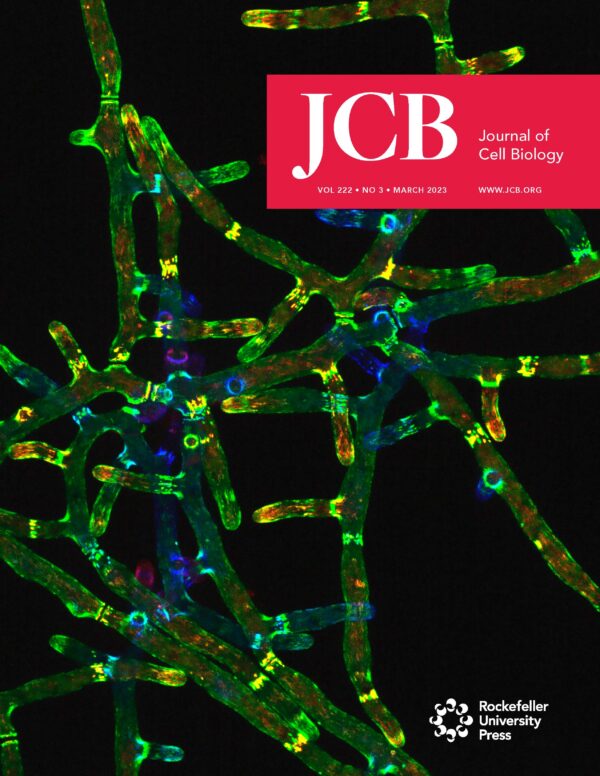
1 year ago
The March 2023 cover of The Journal of Cell Biology shows a maximum projection of Ashyba gossypii expressing the septin Cdc11a-GFP where color corresponds to the Z-height. This research image is from Kevin Cannon PhD...
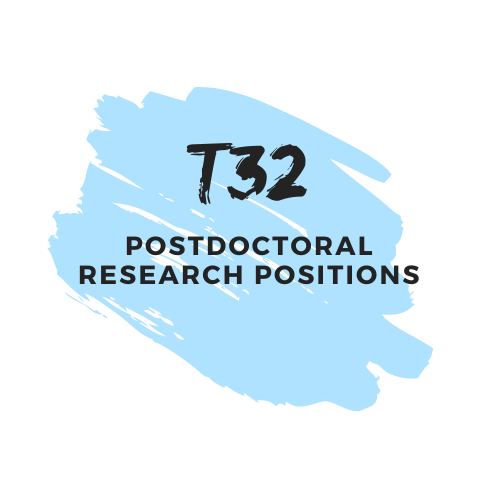
1 year ago
Join an established interdisciplinary postdoctoral T32 fellowship program in basic & translational aspects of genetics, molecular biology, immunology, microbiology, pathophysiology & treatment of liver and gastrointestinal tract disorders. Goals are to attract Ph.D., M.D. and DVM postdocts to these fields & provide training in state-of-the-art research techniques. Fellowships are for 2 years, & are funded by NIH (NIDDK) Institutional T32 Training Grant. The deadline for applications is March 15.

1 year ago
The DEI and BCBP Social committee organized a departmental-wide celebration and potluck for the Lunar New Year on January 27, 2023. There were delicious dumplings and rice noodles from Sister Liu's dumplings and sides and desserts from members

1 year ago
Throughout the year we will be highlighting post-docs in our labs. Read more about Leiah Carey's background.

1 year ago
Join an established interdisciplinary postdoctoral T32 fellowship program in basic and translational aspects of genetics, molecular biology, immunology, microbiology, pathophysiology and treatment of liver and gastrointestinal tract disorders. Program goals are to attract Ph.D., M.D. and DVM postdoctoral trainees to these fields and to provide training in state-of-the-art research techniques. Fellowships are for two years, and are funded by an NIH (NIDDK) Institutional T32 Training Grant.

1 year ago
Medipol University's faculty member Dr. Yasemin Kübra Akyel started to work in the laboratory and supervision of Nobel Prize-winning scientist Prof. Dr. Aziz Sancar in December 2022. Akyel works in the fields of 'DNA Repair' and 'Circadian Rhythm' and has a fellowship from TÜBİTAK
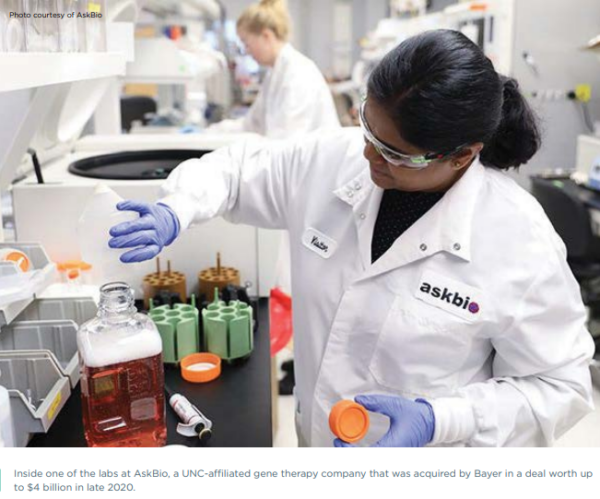
1 year ago
Links to impact report. UNC Inventions include therapeutics, research tools/methods, biomarkers/diagnostics, drug delivery, imaging, and much more. Congruent with Carolina’s research pipeline that is focused heavily on biomedical endeavors, the majority of its licenses are in the life sciences sector. 36 % of licenses were related to tangible property (research tools, including mice, cell lines, and antibodies). The Innovation Hub and Downtown District coming soon.
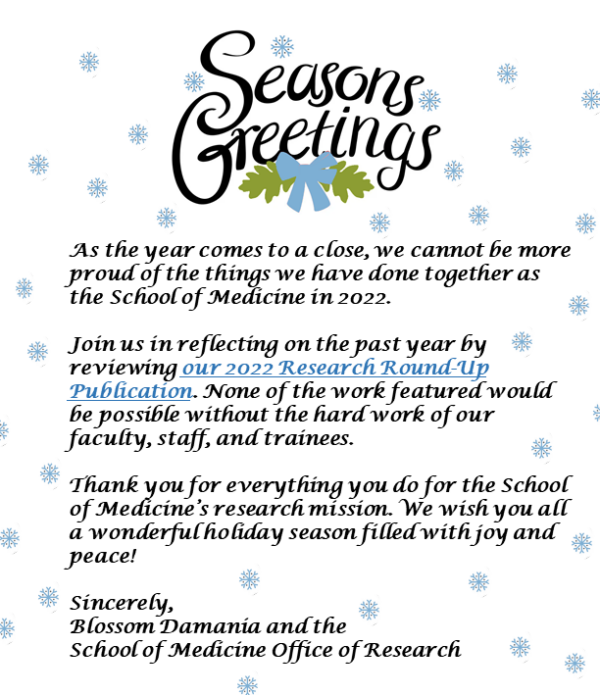
1 year ago
For research highlights, see Page 2: Rick Baker and Kevin Cannon, Greg Wang. On page 7: Brian Kuhlman. Every year School of Medicine highlights two news items from every unit.
1 year ago
The National Science Foundation (NSF) has released its 2021 fiscal year Higher Education Research and Development (HERD) data, and the University of North Carolina at Chapel Hill has once again ranked 10th for federal funding and 13th overall in the national research rankings for public and private universities...
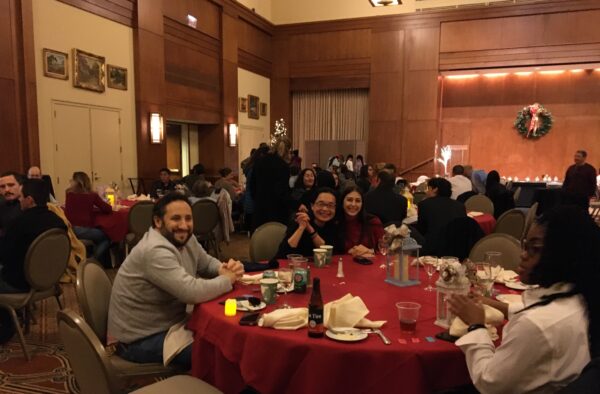
1 year ago
End-of-Year Holiday Party Highlights The department of Biochemistry and Biophysics gathered on December 13, 2022, to celebrate our accomplishments over this past year. We had a large turnout of around 160 individuals including guests and children for this fantastic event culminating in 2022. The evening began with a sit-down formal dinner and meet and greet …

1 year ago
First author postdoc Zhichuan Zhu PhD, Liu lab, Jean Cook, and collaborators publish in Advanced Science available online Nov. 29, 2022 "STING Suppresses Mitochondrial VDAC2 to Govern RCC Growth Independent of Innate Immunity." STING was identified in 2008 as a critical innate immune sensor to antagonize viral/bacterial infection. Inactivation of STING especially by epigenetic silencing has been shown to facilitate tumor progression. Efforts from various UNC and BCBP labs have recently identified an innate immunity-independent function of STING in kidney cancer that can be explored as a potential therapeutic target in treating kidney cancer...